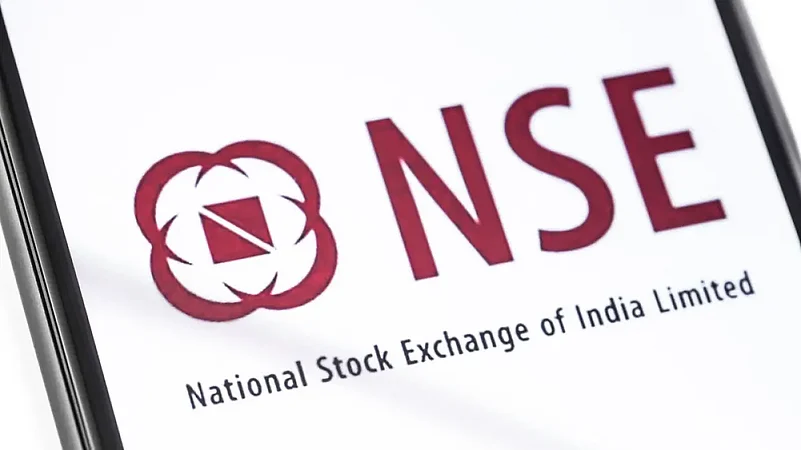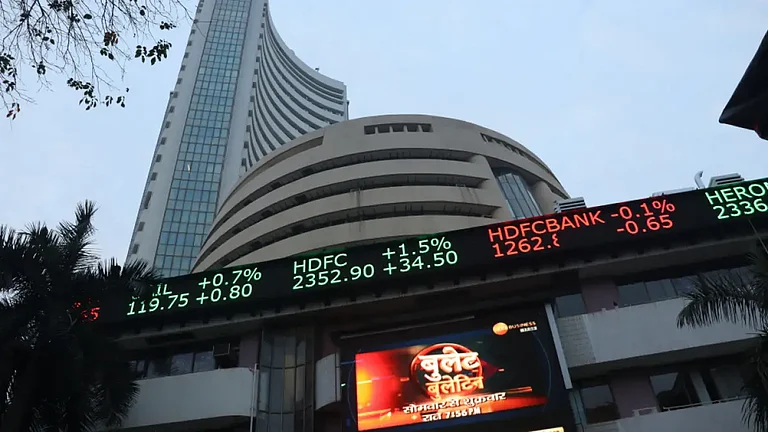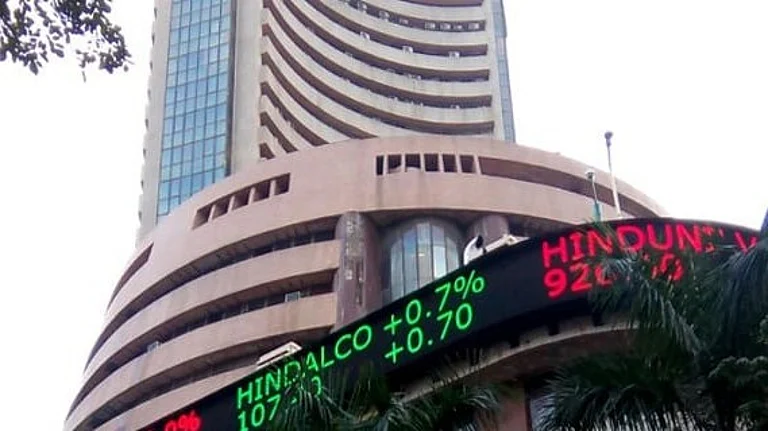The market capitalisation of listed companies on the NSE has surpassed the USD 4 trillion (Rs 334.72 trillion) mark for the first time ever, with the benchmark Nifty hitting its all-time high of 20,291.55 last Friday.
The benchmark Nifty climbed 134.75 points or 0.67 per cent to settle at an all-time high of 20,267.90 on Friday. During the day, the benchmark reached its intra-day record high of 20,291.55.
The Nifty-500 index also touched an all-time high of 18,141.65 on the same day, indicating that the equity market rally is not restricted to only the large-cap stocks.
"The achievement of this milestone is a testament of the vision outlined for the Amrit Kaal which includes a technology-driven and knowledge-based economy with strong public finances, and a robust financial sector," NSE said in a statement on Sunday.
The journey of market capitalisation of listed companies rising from to USD 2 trillion (in July 2017) to USD 3 trillion (in May 2021) took about 46 months, whereas the last USD 1 trillion i.e., from USD 3 trillion to USD 4 trillion took only about 30 months, it said.
"NSE listed companies' market capitalisation surpassing the USD 4 trillion mark is an important milestone in the country's journey towards the USD 5 trillion economy. The positive sentiment in the economy has provided a thrust to the capital markets," Sriram Krishnan, Chief Business Development Officer, NSE, said.
The combined market valuation of all listed companies on the BSE also reached the USD 4 trillion-milestone for the first time ever on Wednesday (November 29).
The market cap of listed companies increased at a compounded annual growth rate (CAGR) of 17.5 per cent in the last 10 years, the exchange said.
The top three companies by market valuation - Reliance Industries Limited, Tata Consultancy Services and HDFC Bank - retained their positions when NSE's valuation hit the USD 2 trillion, USD 3 trillion, and USD 4 trillion mark, it added.
"Whie India ranks amongst the top five nations based on market capitalisation, the market cap of listed companies on the NSE to India's GDP stood at 1.18 or 118 per cent, which is lower as compared to developed markets such as the United States of America or Japan," NSE said in the statement.
The share turnover velocity at NSE for the year 2023 as on date stood at 47 per cent, which is way below some of the global markets such as the US, Japan, South Korea, China and Brazil, it noted.
A very low percentage of companies listed on the exchange and comparative lower share turnover velocity, indicates an immense growth potential for deepening of the Indian market in the years to come, the NSE added.
While the USD 4 trillion market capitalisation is an important milestone, data suggests that only 0.35 per cent of the total private companies registered with the Ministry of Corporate Affairs, are listed on the exchanges indicating an enormous number of companies which can tap the equity market for their funding needs, it noted.
The daily average turnover has seen a year-on-year growth of 27 per cent in the equity segment and 5 per cent in equity derivatives in this financial year as compared to the previous financial year.
In the last 10 years, the equity segment's daily average turnover has increased by over 6 times and that of equity derivatives' daily average turnover has increased by over 5 times, the exchange said.
The resource mobilisation by corporates including the small and medium enterprise in the primary market has been encouraging and has provided an effective alternative mechanism in addition to the traditional methods of fundraising.
"In the current financial year as of October 2023, more than Rs 5,00,000 crore have been mobilized through primary markets across equity and corporate bonds," it added.































